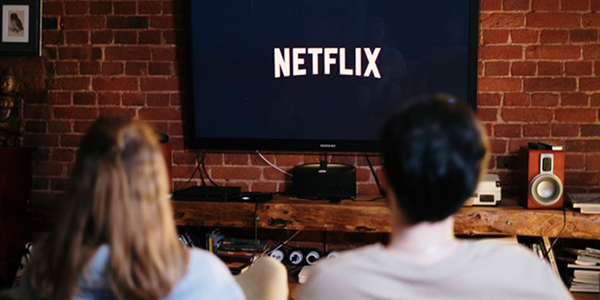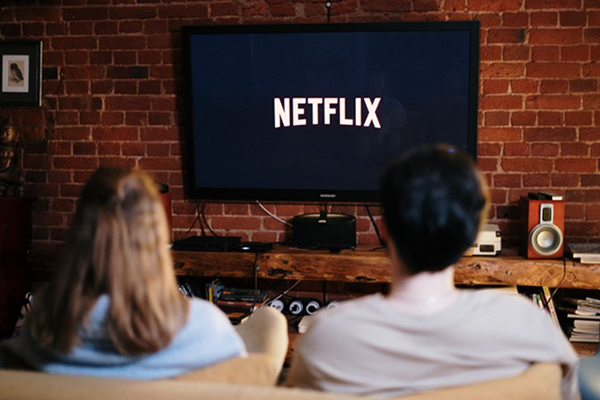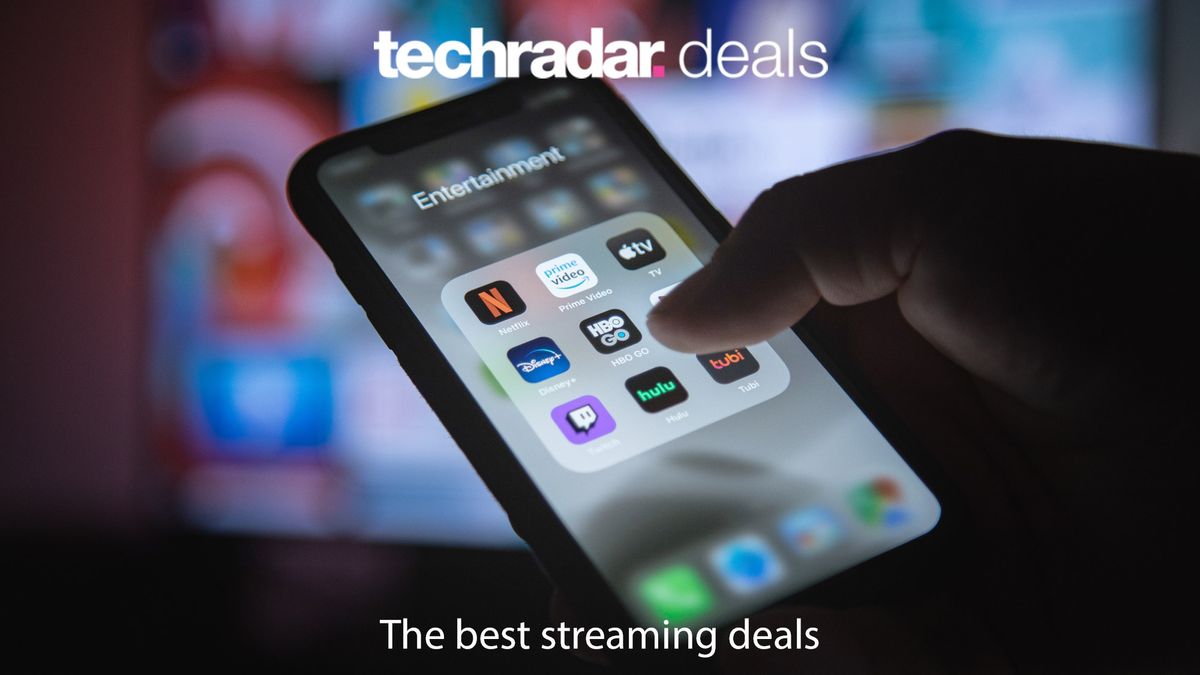The Streaming Wars: How Platforms are Shaping the Future of Cinema
In an era that has witnessed the mushrooming of streaming platforms, from industry titans like Netflix and Amazon Prime Video to niche services such as Mubi and Shudder, there is an unquestionable transformation afoot in the realm of cinematic experience. Dubbed the "streaming wars," this shift is not just altering how we consume movies and television series; it's also reshaping the very fabric of the entertainment industry.
At the heart of this upheaval lies the consumers' insatiable appetite for on-demand content. Gone are the days when audiences would mark their calendars for a movie release or television premiere. The explosive growth of streaming has fostered a culture of binge-watching, with viewers demanding immediate access to full seasons of shows and a diverse library of films at their fingertips.
Netflix, the pioneer of streaming, has been at the forefront of this digital revolution. With its bold move into original content, it challenged the traditional movie production and distribution model, proving that high-quality, binge-worthy series could be originated outside of network and cable television boundaries. "House of Cards" and "Stranger Things" are testament to its groundbreaking approach, pulling viewers away from traditional TV and towards the untethered freedom provided by its platform.
But Netflix is no longer the only player in town. Amazon Prime Video has emerged as a formidable competitor, leveraging its already extensive customer base to push award-winning content like "The Marvelous Mrs. Maisel" and "Manchester by the Sea." Equally significant is the entry of Disney+ into the market, boasting an unparalleled library of content spanning from animated classics to the Star Wars saga and beyond.
What sets these streaming services apart is not just their content libraries but also their aggressive expansion into the production of original films. Netflix's "Roma," directed by Alfonso Cuarón, snagged three Academy Awards, signaling to the world that streaming platforms could produce not just content in quantity, but also of profound quality.
This radical shift has also prompted major studios to rethink their strategies. WarnerMedia's HBO Max and NBCUniversal's Peacock, for instance, have launched their own services to offer their content directly to consumers. Paramount+ and Apple TV+ have joined the fray, each bringing unique offerings to try and carve out their slice of the streaming pie.
The implications of the streaming wars extend beyond the platforms themselves. Movie theaters, which once enjoyed a period of exclusivity for film releases, are feeling the squeeze as more movies are made available simultaneously or exclusively for home viewing. The COVID-19 pandemic accelerated this trend, with studios like Warner Bros. opting to release movies like "Wonder Woman 1984" on HBO Max the same day they hit theaters.
Furthermore, the battle for streaming dominance has led to an explosion of content. With each platform seeking to differentiate itself, there's been an unprecedented investment in a diverse range of stories and voices. This democratization of content has provided opportunities for underrepresented filmmakers and storytellers who may have been previously overlooked by the traditional gatekeepers of cinema.
Yet, as with any seismic shift, there are challenges that loom large. Questions about sustainable economic models, artist compensation, and the potential oversaturation of the market remain unanswered. In an environment where subscriber growth is king, will quality eventually take a backseat to quantity?
The Streaming Wars: How Platforms are Shaping the Future of Cinema (Continued)
Balancing on this tightrope of content proliferation and market saturation, questions emerge about the long-term viability of so many competing entities vying for consumer attention. Is there a tipping point when audiences become overwhelmed by the sheer volume of choice, or will the appetite for content continue to grow in line with the expansion of these services?
One growing concern is the financial model underpinning the streaming industry. Subscription fees, while relatively modest for consumers, must fund an ever-growing, multi-billion-dollar content creation and acquisition juggernaut. To maintain their competitive edge, platforms are locked into an arms race of sorts, investing heavily in new films, series, and talent deals.
This surge in content production has, however, been a boon for the creative industry. Writers, directors, actors, and a host of production professionals have more opportunities to work and experiment with form and narrative than ever before. The traditional barriers to entry seem to have lowered, and the democratization process has given a platform to stories that may never have found a home in the more conservative studio system.
But with this boom comes the burden of discovery. In a sea of seemingly endless options, how does one find the next show to binge or a movie to fall in love with? Algorithms and personalized recommendations have become the new curators, yet they often lean toward promoting content that keeps viewers within the ecosystems of their respective platforms. It's a modern twist on the classic channel-surfing conundrum, with the caveat that the sheer depth and breadth of available content have magnified the challenge exponentially.
Another key element at play is the battle for exclusivity. To entice subscribers, streaming platforms are increasingly locking down rights to beloved franchises and well-known titles, effectively fracturing the marketplace. As a result, consumers may find themselves having to subscribe to multiple services to access all their favorite content—a situation that could lead to a sense of subscription fatigue.
The struggle for exclusivity also extends to talent. Top-tier creators and stars now often sign deals with specific platforms, ensuring a steady output of their work for a single service. This trend could potentially stifle the diversity of distribution, with certain voices tied to specific platforms, akin to the old studio contract system of Hollywood's Golden Age, albeit in a modern guise.
In the midst of the competitive clash, the role of film festivals and awards ceremonies in curating and elevating content has become more crucial. Prestigious festivals like Cannes, Sundance, and Toronto continue to serve as important gateways for independent films and creators looking to break into the public consciousness. Meanwhile, platforms eagerly vie for the accolades and legitimization that comes with awards season recognition.
Ultimately, the streaming wars are reshaping not just how we access cinema but also how we define it. With the boundaries between television and film becoming increasingly blurred, the sanctity of the movie theater experience is being questioned. Innovations like virtual reality and interactive storytelling, championed by platforms like Netflix with its "Black Mirror: Bandersnatch" experiment, push the envelope even further, suggesting a future where the evolution of content could be as revolutionary as the ways we choose to engage with it.
As the streaming wars rage on, we stand at a crossroads for the industry. Will a monopoly emerge, or will the landscape settle into a diverse ecosystem of specialized content providers? Only time will tell, but what is certain is that the battle for the eyes and wallets of global audiences will continue to drive innovation, creativity, and change. The cinema of tomorrow may be unrecognizable to the audience of yesterday, but its core mission—to tell stories that connect with us on a fundamental human level—remains unchanged. In this new frontier, the opportunities are as vast as the challenges, ensuring that the conclusion of the streaming wars is anything but written.




Comments